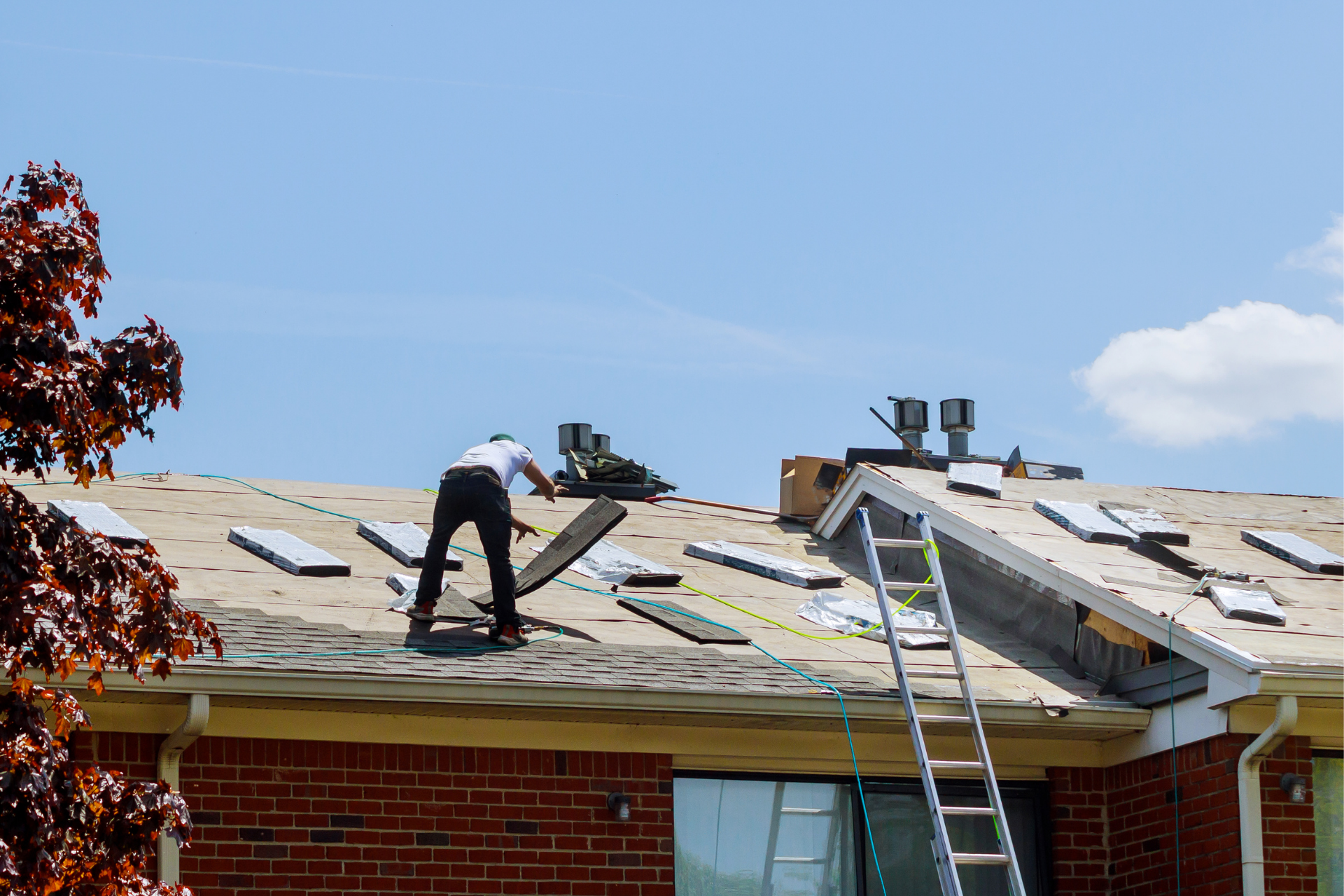
September 4, 2025
Across the United States, as many as 6.6 million low-income households are living in homes with outstanding repairs totaling $25.3 billion. Homes that, because of their age or quality, may provide greater affordability can also saddle lower-income households with repair needs that they are unable to meet, resulting in respiratory illness and other adverse health outcomes. Particularly for elderly or disabled individuals, homes with unmet repair needs can be inaccessible or dangerous.
As the housing stock ages and as housing cost burdens continue to increase, there is growing momentum for home repair policy. This momentum reached the state level in 2023, when Pennsylvania created the Whole-Home Repairs (WHR) program to distribute $125 million across the commonwealth for home repairs that address severe habitability issues, accessibility modifications, and weatherization and energy needs. Allegheny County received $13.3 million in WHR funds. ACTION-Housing, a local nonprofit organization, administered the funds to rehab 250 homes between 2023 and 2024.
In 2023, the Housing Solutions Lab awarded a grant to the Housing Initiative at Penn (HIP) to evaluate ACTION-Housing’s home repair program. The team of researchers, led by Cypress Marrs, drew on administrative, survey, and interview data to unpack the extent of home repair needs among low-income homeowners and the impact of repairs. Homeowners perceived significant benefits of repairs for their health, quality of life, and ability to pass down their home. HIP also generated key insights for designing and operating effective home repair programs.
Read a substantial summary of the report’s findings here, or view the researchers’ full report. Learn more about the Lab’s research grant awardees and how the Lab supports research on our Research page.
For questions about this research, contact the Housing Initiative at Penn.
For support on how your city can establish a home repair program, contact the Housing Solutions Lab team at Ask the Lab.